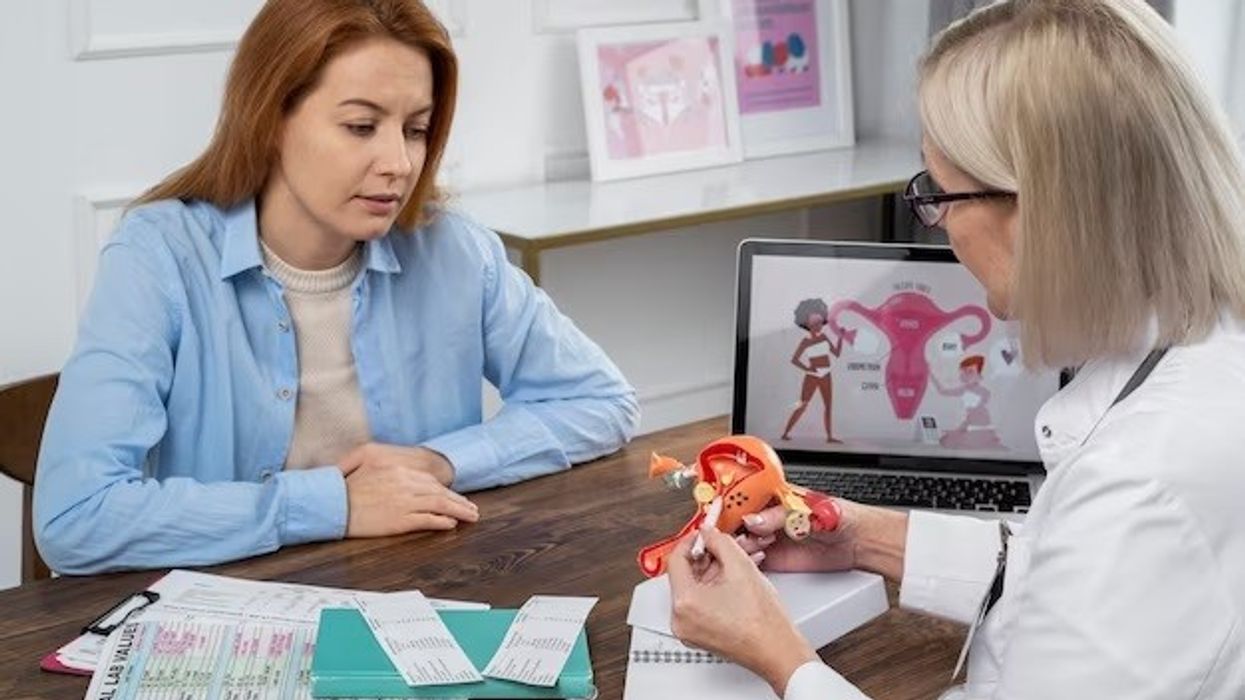Less number of women attended screening in 2022-23, compared to the previous year
NHS England has urged women to accept cervical screening invites to make it possible to eliminate the disease within the next two decades.
Screening using a highly effective test helps detect human papillomavirus (HPV), which is responsible for over 99 per cent of all cervical cancers.
Sadly, three in ten of those eligible for screening do not take up the potentially life-saving offer, as shown by the NHS Cervical Screening Programme, England 2022-2023 annual report.
The report, published by NHSE on Thursday, showed that a total of 4.62 million women aged 25 to 64 for cervical screening was invited to book an appointment in 2022-23, and 3.43 million attended the screening.
Less number of women attended screening in 2022-23 (68.7 per cent), compared to the previous year (69.9 per cent).
The proportion was higher for 50- to 64-year-olds at 74.4 per cent, compared to 65.8 per cent per cent for 25- to 49-year-olds.
Steve Russell, Chief Delivery Officer and National Director for Vaccinations and Screening for NHS England, said that elimination of cervical cancer in 2040 is possible, but it relies on “millions of people continuing to come forward for screening and vaccinations every year.”
Dr Kiren Collison, a GP and NHS England’s Deputy Medical Director for Primary Care reminded women that getting the HPV vaccination and attending screening is “the best way of preventing cervical cancer”, and so they must book an appointment when invited.
If you have previously received an invitation but couldn’t attend at the time, you don’t have to wait to get another invitation.
“You can still book a cervical screening appointment even if you were invited weeks, months or years ago,” said Dr Kiren.
Last week the NHS pledged to eliminate cervical cancer by 2040 by making HPV vaccination easily accessible to people and increasing cervical screening uptake.
Women are invited for screening every three to five years depending on their age, or more frequently if HPV is detected.
Those who have been vaccinated against HPV should also attend cervical screening appointments as “the vaccine does not provide protection from all types of HPV,” the NHS noted.
The NHS cervical screening programme saves thousands of lives every year, noted Nicola Smith, Senior Health Information Manager at Cancer Research UK, as he encouraged “women and people with a cervix, such as trans men and non-binary people assigned female at birth” to take part.













